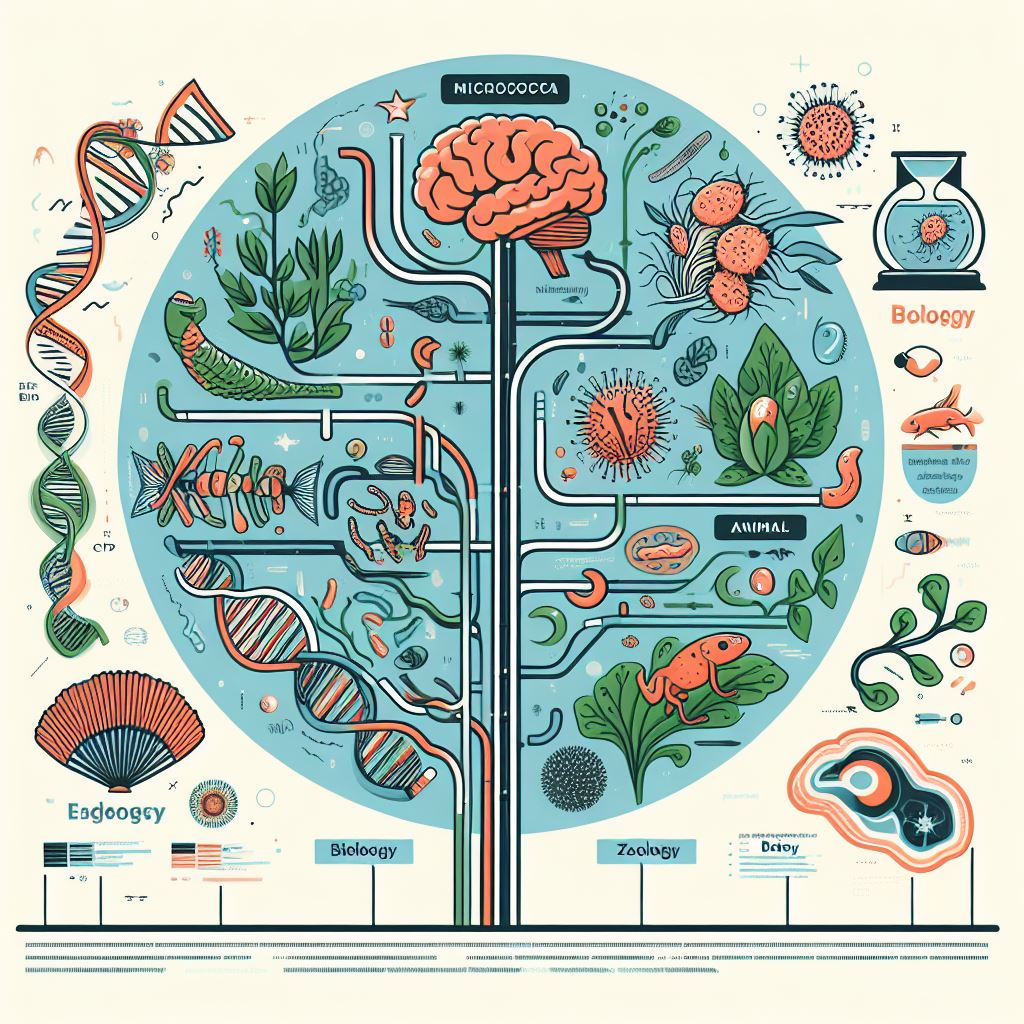
Understanding Biology: The Science of Life
Introduction
Biology, stemming from the Greek words "bios" (life) and "logos" (study), stands as the science of life. From the microscopic algae to the gigantic blue whales, biology delves deep into the intricate patterns and phenomena of life. It is a vast and ever-evolving field, demanding attention from young aspirants and seasoned professionals alike.
Definition of Biology
At its core, biology is the study of living organisms and their interactions with one another and their environments. It seeks to answer the fundamental questions about the nature of life, its origin, evolution, form, function, and the myriad complexities woven into the fabric of living entities.
A Glimpse into the History and Evolution of Biology
The study of biology can be traced back to ancient civilizations. The early Greeks, such as Aristotle, began classifying animals based on their characteristics. Fast forward to the Renaissance, figures like Leonardo da Vinci contributed significantly with his anatomical studies.
However, it was in the 19th century with Darwin's revolutionary "On the Origin of Species" that biology took a transformative turn. He introduced the concept of natural selection, providing a foundation for the study of evolution.
"Biology is the study of the complex things in the Universe. Physics is the study of the simple ones." - Richard Dawkins, a renowned evolutionary biologist.
Major Branches of Biology
- Microbiology: Focuses on microorganisms like bacteria, fungi, and viruses.
- Botany: The study of plants.
- Zoology: Delves into animal science.
- Genetics: Analyzes heredity and the variations thereof.
- Ecology: Examines organisms and their environmental interactions.
... And the list goes on, encompassing fields like biochemistry, biophysics, and molecular biology, reflecting the vastness of the subject.
Why is the Study of Biology Significant in Today's Age?
- Medical Advancements: Understanding biological principles aids in medical breakthroughs. For instance, studying genetics has paved the way for personalized medicine.
- Environmental Conservation: Through ecology, we understand the delicate balance of ecosystems, emphasizing the need for conservation.
- Agricultural Progress: Biology informs agricultural practices ensuring food security.
Current Trends in Biological Sciences
- Biotechnology: The integration of biology and technology, leading to GMOs and biofuels.
- Neurobiology: Understanding the complexities of the brain and consciousness.
- Synthetic Biology: Designing and constructing new biological parts.
Implications on Other Fields
Biology's vast web stretches into other fields:
- Medicine: Understanding diseases and finding cures.
- Agriculture: Enhancing crop yield and resistance.
- Environmental Science: Conservation efforts and understanding climate change.
Conclusion
From the strands of DNA to vast biomes, biology stands as a testament to the wonders of life. As the study advances, it beckons future biologists, educators, and the general public to engage, ensuring the progression of understanding and innovation.
References:
- Campbell Biology (Latest Edition)
- "The Diversity of Life" by Edward O. Wilson
- Articles from journals: Nature, Science, PLOS Biology
- Websites: The American Society of Cell Biology, The Royal Society of Biology




